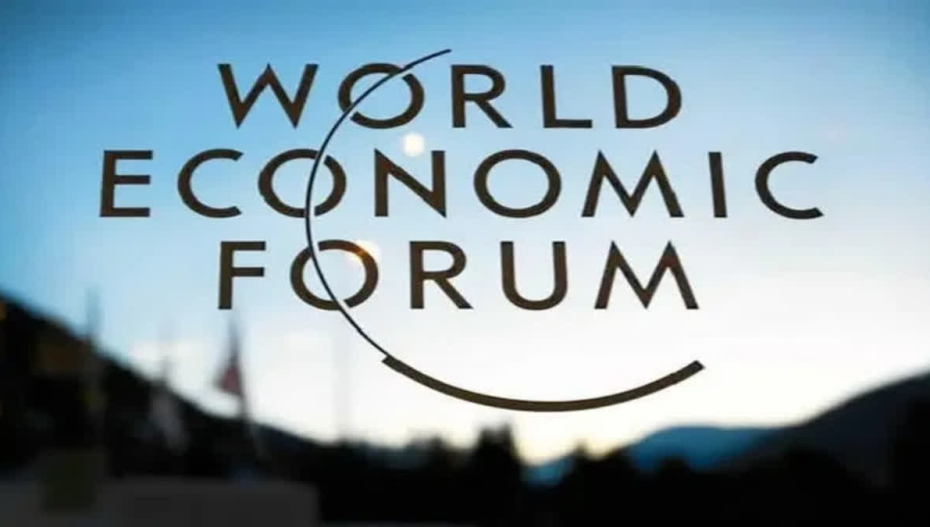The global economy will not gain robustness this year, predicted 56% of chief economists, according to the latest World Economic Forum (WEF) report.
Seven out of 10 experts predict a rise in geoeconomic fragmentation worldwide in the face of conflicts and crises, with 87% claiming that geopolitics would heighten economic volatility.
The Chief Economists Outlook study from the WEF, which was published on Monday, examines growth trends worldwide, the effects of growing AI advancements on financial markets and enterprises, and the influence of global uncertainty on the global economy, said an article by The Print.
Additionally, the WEF published “The Future of Growth Report 2024,” which showed that most nations are growing in an unsustainable manner, failing to incorporate or absorb innovation, and becoming more vulnerable to shocks to the world economy.
Meanwhile, economists have predicted that unemployment will rise in 2024 owing to the loosening of financial circumstances (70%) and labour markets (77%). A recent report from the International Labour Organisation (ILO) estimates that 2 million more workers will look for work this year and that the global unemployment rate will rise from 5.1% in 2023 to 5.2% on account of a decline in labour force participation rates and a slowdown in employment growth.
With 93% of economists projecting moderate to strong growth in the region, South Asia has the most optimistic chances for global growth, followed by East Asia & Pacific, where 86% of economists anticipate moderate to strong growth. Nonetheless, most economists (82%) also predict moderate to high inflation in South Asia.
The survey stated that China is an exception, with a smaller majority (69%) anticipating moderate growth due to concerns about the property market, weak industrial production, and weak consumer spending, all undermining the likelihood of a stronger recovery.
However, the research offered a startling forecast for Europe, with 77% of analysts predicting weak growth. Comparably, predictions are much lower in the US, with 56% of respondents predicting moderate or higher growth in 2024.
Although 80% and 76% of respondents in Europe and the US, respectively, still anticipate moderate to high inflation, the research notes that this is an improvement over the results of the previous year’s survey, in which 71% and 47%, respectively, predicted high to very high inflation.
Even with the Middle East’s Israel-Hamas conflict continuing for more than three months, 61% of respondents still predict moderate to greater growth in North Africa. More than 80% of Central Asian respondents anticipate moderate growth, but 70% and 65% of economists in Latin America, the Caribbean, and Sub-Saharan Africa, respectively, predict moderate growth.
More than a quarter of economists predict high or very high inflation in Sub-Saharan Africa (36%), Latin America and the Caribbean (26%), the Middle East (25%), and North America (25%),
Economists mostly agree that geopolitical crises will affect investment flows and economic activity, with 86% anticipating a rise in localisation and 80% predicting the strengthening of geoeconomic blocs.
Furthermore, 64% of respondents think it is unlikely that economic activity will become globalised by 2024. An additional 57% think there will be more inequality and a greater North-South divide.
The International Monetary Fund (IMF) estimates that tighter trade restrictions might result in a 7% decline in global economic output. By 2023, trade had already decreased by 5% worldwide. Nonetheless, trade among allies has been expanding; in the third quarter of 2023, it grew by 6.2%.
While several industries, including retail and wholesale of consumer goods, fossil fuels, financial, professional, and real estate services, leisure and travel, manufacturing, and tourism, are predicted to have more negative outlooks in 2024, industries like IT and digital communications face a positive scenario.
The Print report reiterated that Artificial Intelligence has advanced significantly in the last year, increasing productivity in various fields, including logistics, automobile manufacturing, precision farming, and more. Among other things, ChatGPT and Bard, two examples of generative AI tools and large language models (LLMs), have significantly expanded business opportunities.
Most experts predicted that generative AI will boost high-income nations’ productivity (79%) and innovation (74%) this year. Only 53% of respondents in low-income economies believe these technologies will become economically significant in the next five years, compared to 94% in high-income ones.
Also Read: Herbal syrup adulterated with alcohol in Gujarat, claims lives













